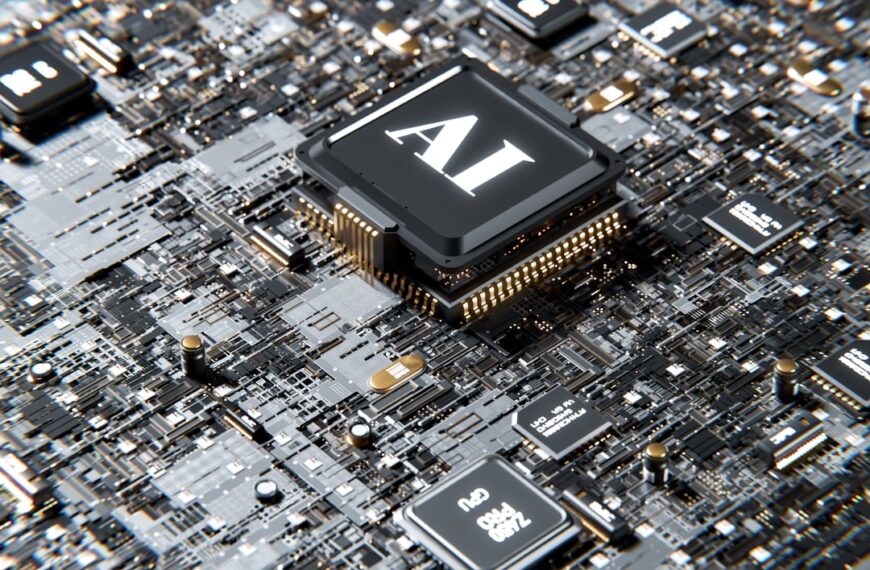The real estate industry, traditionally characterized by paperwork, delays, and complex legal processes, is undergoing a significant transformation thanks to the advent of smart contracts. These self-executing contracts, written in code and stored on a blockchain, offer the potential to revolutionize how real estate transactions are conducted, streamlining processes and increasing transparency. However, navigating the legal landscape surrounding smart contracts in real estate presents both exciting opportunities and significant challenges.
One of the most promising aspects of smart contracts is their ability to automate various stages of a real estate transaction. For example, the escrow process, often a lengthy and cumbersome affair, can be significantly simplified. Funds are automatically released to the seller upon fulfillment of predefined conditions, such as property transfer registration, eliminating the need for intermediaries and reducing the risk of fraud. Similarly, the transfer of property ownership can be automated, reducing paperwork and speeding up the closing process. This automation can lead to significant cost savings and increased efficiency for all parties involved.
However, the legal implications of using smart contracts in real estate are complex and still largely untested in many jurisdictions. Questions around enforceability, liability, and data security remain unanswered. The legal frameworks governing traditional real estate transactions are not always compatible with the decentralized nature of blockchain technology. Determining which legal system governs a smart contract, especially in international transactions, can be a significant challenge. Moreover, the immutability of blockchain data presents both advantages and disadvantages. While it enhances transparency and security, it also limits the ability to correct errors or disputes once a transaction is recorded on the blockchain.
Another key concern is the potential for smart contract vulnerabilities. Code errors or unforeseen circumstances could lead to unexpected outcomes, causing significant financial losses. Therefore, thorough legal review and auditing of smart contracts are critical before deployment. It’s also essential to consider the potential impact on existing legislation, particularly concerning consumer protection and data privacy regulations. Many jurisdictions are still grappling with how to regulate smart contracts, and the lack of clear legal precedent adds to the uncertainty.
Despite these challenges, the potential benefits of smart contracts in real estate are undeniable. The increased transparency and efficiency offered by this technology can contribute to a more streamlined, secure, and cost-effective real estate market. However, successful implementation requires careful consideration of the legal ramifications, collaboration between legal professionals and technology developers, and a clear regulatory framework that addresses the unique challenges posed by this innovative technology. As the technology matures and legal frameworks evolve, smart contracts are poised to play an increasingly important role in shaping the future of real estate transactions. The future likely involves a hybrid approach, integrating smart contracts with existing legal processes to leverage the benefits of both. This cautious and collaborative approach will be key to unlocking the full potential of smart contracts in the real estate industry.









